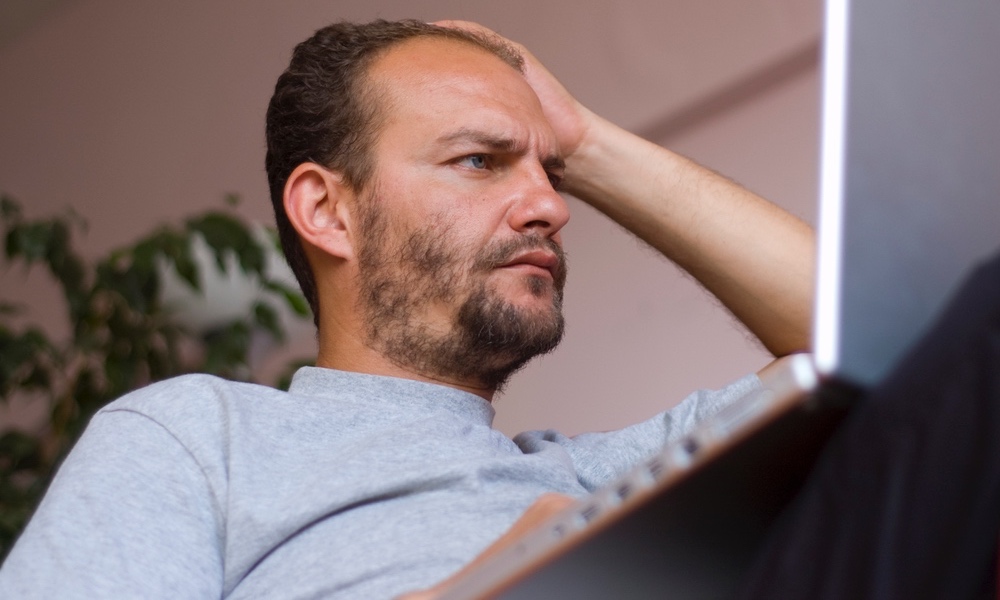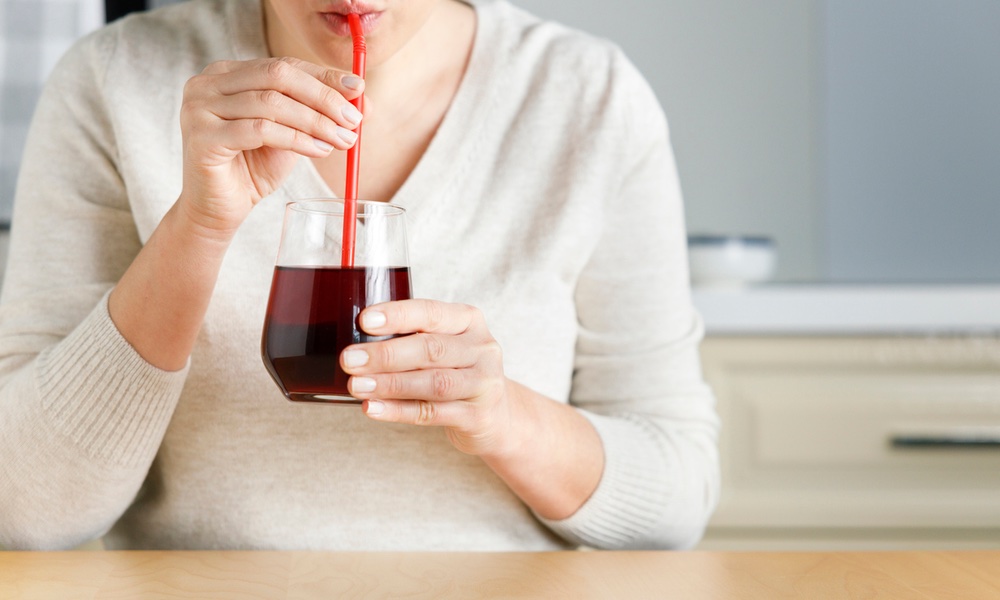The common, chronic, inflammatory skin condition known as rosacea often begins with a tendency to blush or flush more easily than other people. Over time, the redness can slowly spread, first to the nose and cheeks, then to the forehead and chin. Eventually, the face, and even the ears, chest and back may be red all the time.
Drinking coffee appears to be one way to reduce your risk of rosacea. Caffeine, particularly the caffeine in coffee, seems to protect against rosacea, according to a recent study that looked at the association between caffeine intake, coffee consumption and the risk of this skin disease.
Many triggers have been proposed for rosacea, including caffeine and hot beverages, but these triggers are still poorly understood, and scientific evidence supporting their role in rosacea is inconsistent.
The study looked at data from over 82,000 women who responded to a question about a rosacea diagnosis on the Nurses Health Study II questionnaire, which also collected information about participants' coffee, tea, soda and chocolate consumption.The polyphenols in coffee may be what protects those with rosacea against flare-ups.
There was an inverse association between caffeine intake and rosacea risk and an even more significantly inverse association between caffeinated coffee consumption and rosacea risk — the more caffeinated coffee a woman drank, the lower her risk of rosasea. Those who had four servings of coffee per day had a lower risk of rosacea compared to those who had one serving of caffeinated coffee per month.
“We were surprised to observe such a robustly inverse association between caffeine intake, caffeinated coffee consumption, and the risk of rosacea,” Wen-Qing Li, corresponding author on the study, told TheDoctor in an email.
The polyphenols in coffee may be what protects those with rosacea against flare-ups. Polyphenols have been found to have vasoconstrictive, anti-inflammatory and antioxidant effects, all of which may be helpful in keeping rosacea at bay.
Consumption of decaffeinated coffee had no effect on rosacea risk. Caffeine intake from other foods, such as soda, chocolate and tea, also did not affect risk. The researchers thought the caffeine in coffee, versus caffeine in other foods, might help control rosacea because the intake of caffeine from other foods is relatively low compared to the caffeine intake from coffee, said Li, an assistant professor of dermatology and epidemiology at Warren Alpert Medical School at Brown University.
The study and a related editorial are published in JAMA Dermatology.





